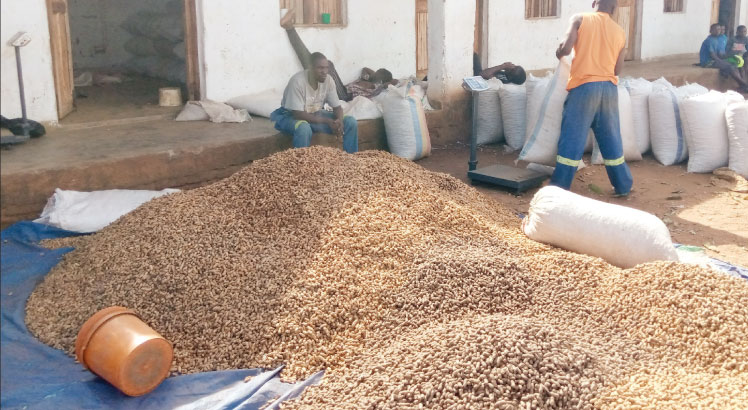Social cash transfer targeting faulted
A recent study on the social cash transfers in the country has faulted the targeting of beneficiaries to the programme, which it says is based on false assumptions about households.
The ESRC-DFID-funded three-year collaborative research project titled Social Cash Transfers Programme (SCTP), Generational Relations and Youth Poverty Trajectories in Rural Lesotho and Malawi point out that even where selection criteria are initially applied as intended, household targeting is poorly understood and implemented at the community level and often appears random.

In southern Malawi, for instance, the research found that small nuclear households are often closely connected through kinship and material ties to other, sometimes more prosperous, households located very nearby and that children may be moved between them to capture grants.
“Changes in circumstance are seldom reported: in Malawi, three recipients had ‘inherited’ transfers, despite substantial changes in household membership, following the death of a beneficiary. Although the benefits of cash transfers are visible to all, seemingly arbitrary targeting breeds resentment in those who do not benefit but perceive themselves to be equally poor.
“If targeting households gives rise to such resentment and jealousy, and often fails to reach those most in need, other forms of targeting, for instance categorical targeting based upon age, should be considered,” reads part of the research findings.
The research also found that overall, divides between political agendas, technocratic visions and community experiences are stark, a situation that needs government policymakers and development partners to engage more in order to effectively achieve the cash transfers’ objectives.
The Malawi Social Cash Transfer (SCTP) also known as Mtukula Pakhomo is an unconditional transfer targeted to ultra-poor, labour-constrained households. The main objectives of the SCTP are to reduce poverty and hunger, and to increase school enrolment.
The programme began as a pilot in 2006 in Mchinji and was subsequently expanded to an additional six districts in 2007, and by September 2017, the programme was reaching over 777 000 beneficiaries in more than 174 500 households across 18 districts of the country, including approximately 430 000 child members.
Transfer amounts for the SCTP vary by household size and by number of school-age children present in the household.
It is estimated that approximately over 500 000 households in Malawi are ultra-poor. Of that group, about 300 000 are ultra-poor due to the structure of the household with few or no able-bodied adult household members. These households have either no household member who is fit for productive work or have a high dependency ratio—they are labour constrained.
Minister of Gender, Children, Disability and Social Welfare Mary Navicha earlier told a SCTP Annual Review, Planning and Budgeting Meeting in Mangochi in July that the programme has transformed lives from poverty to an improved livelihood.
She said the targeted households are able to run some small businesses and buy some assets such as livestock.
“The coming of the programme has largely reduced the various challenges vulnerable persons were facing in the country because we have seen the targeted families being able to buy food or produce on their own enough as well send their wards [children] to school,” said Navicha in an interview.
Sustainable Development Goal 1 now requires states to employ social protection measures, and cash transfer schemes are heavily promoted and funded by donors
Since SCT started in Malawi in 2012, about 13 million euros (about K9.2 billion) has been pumped into the programme.





